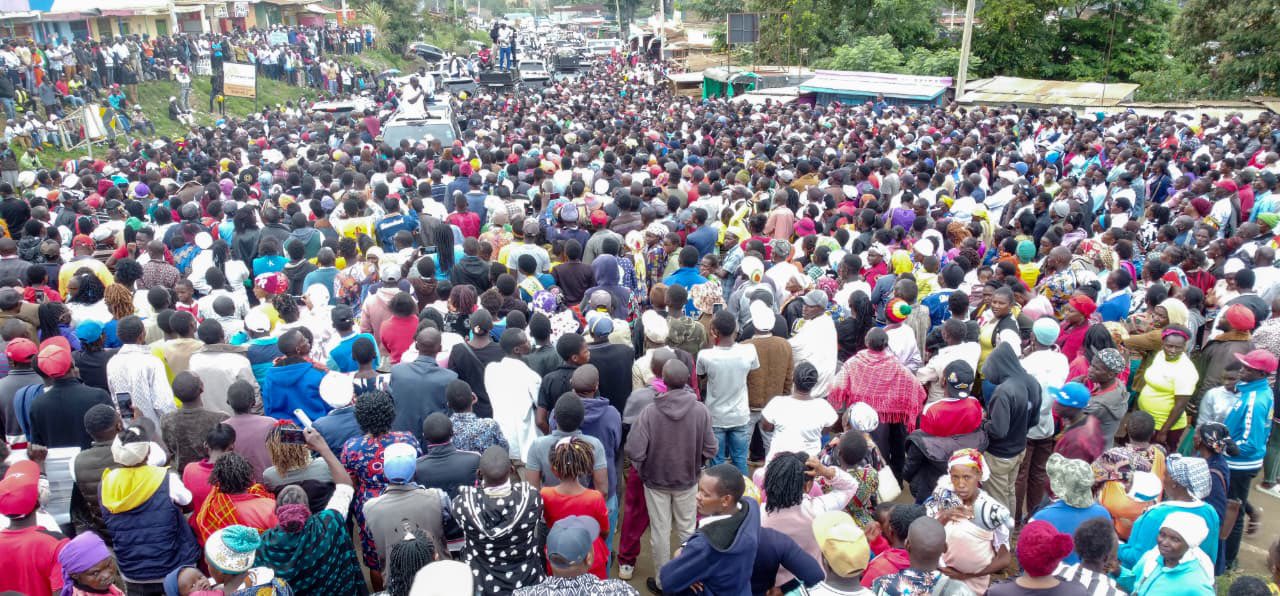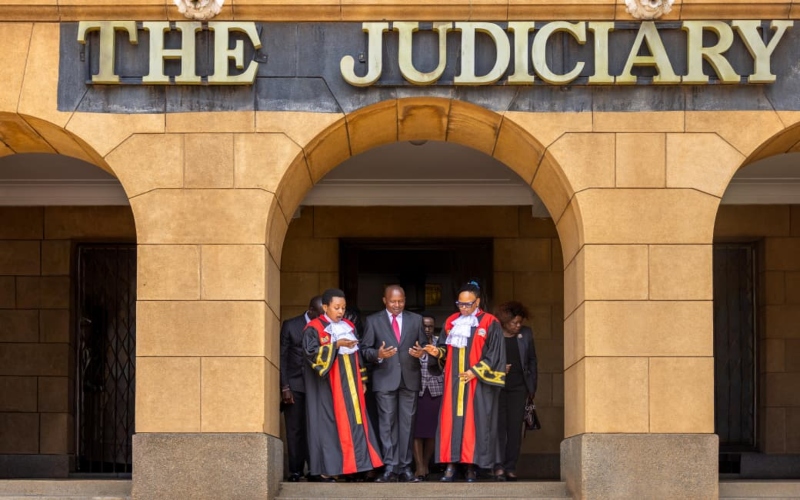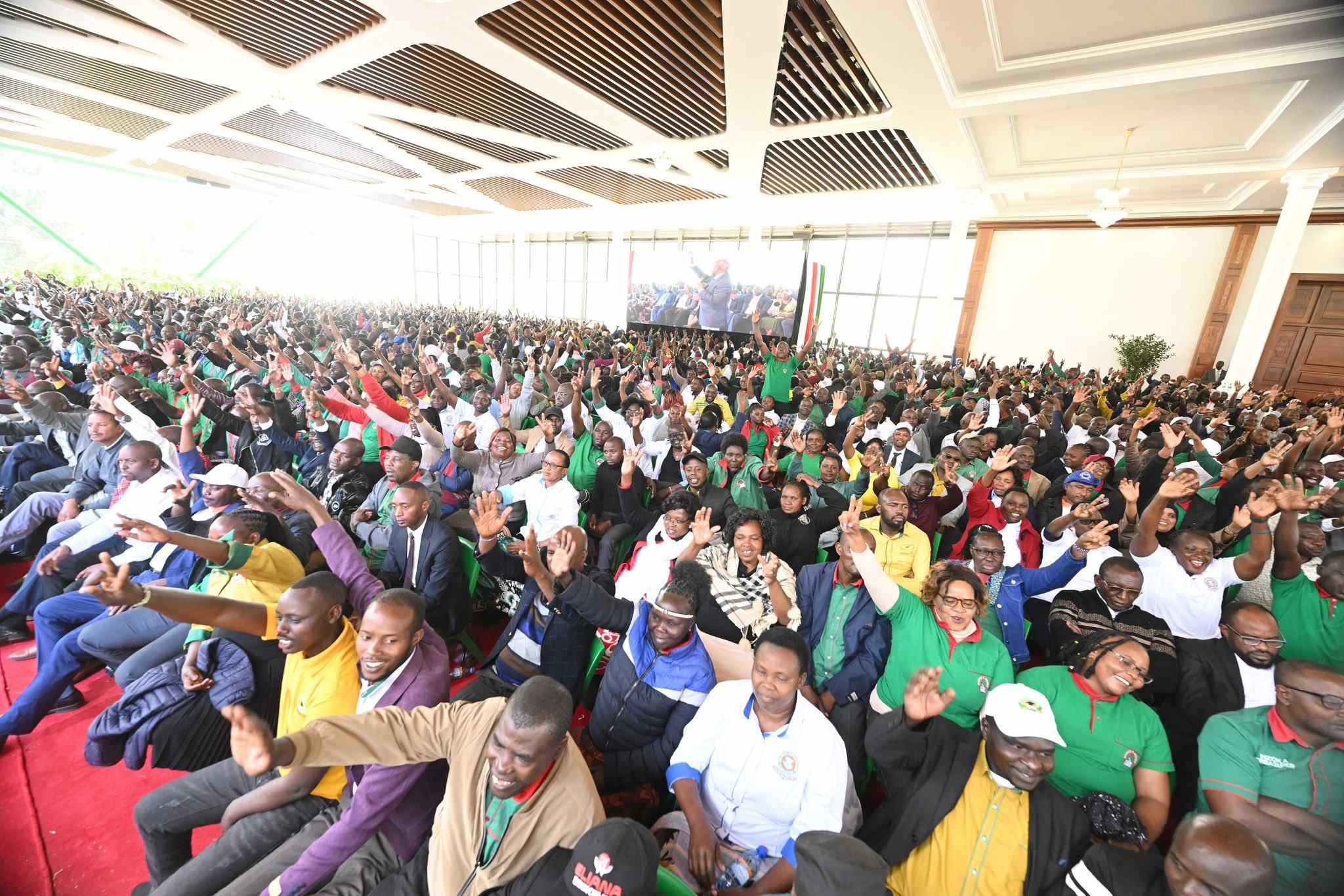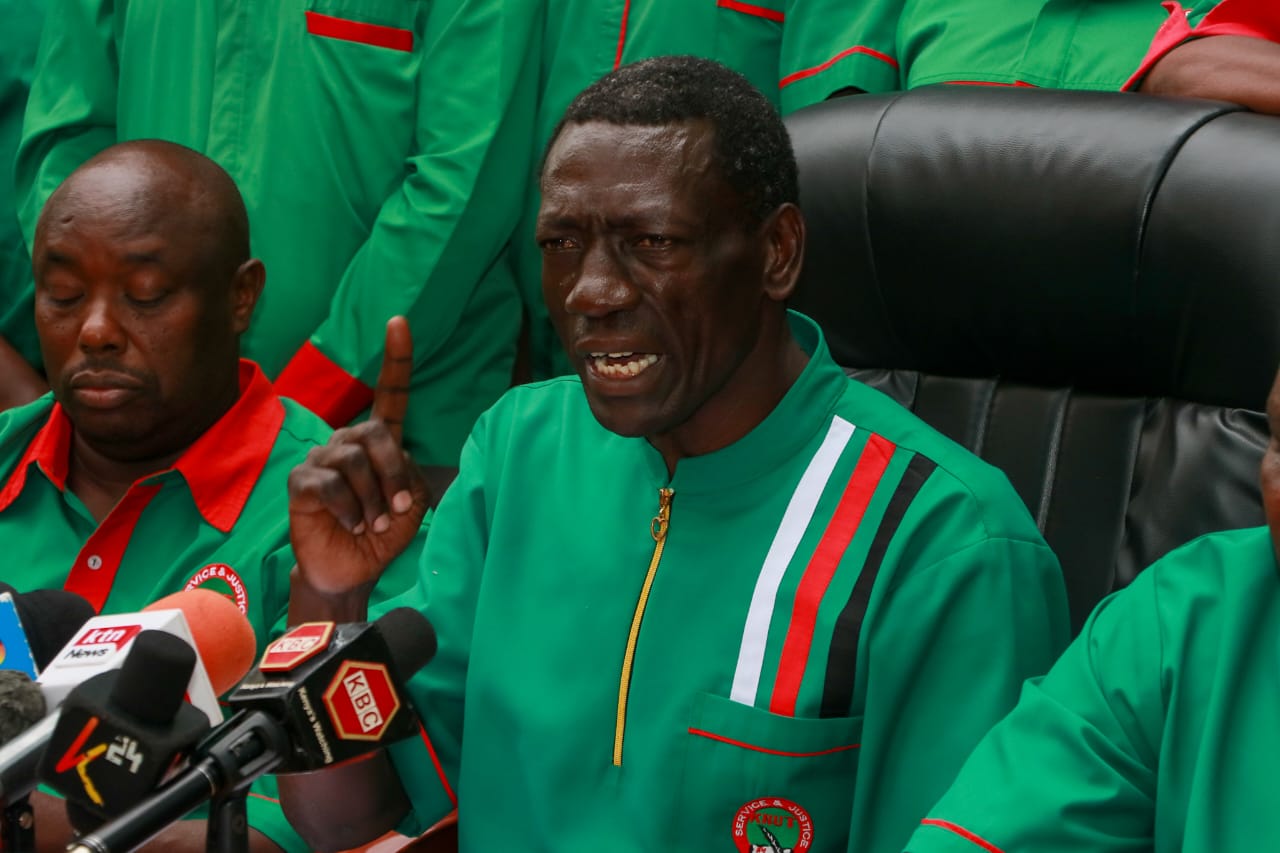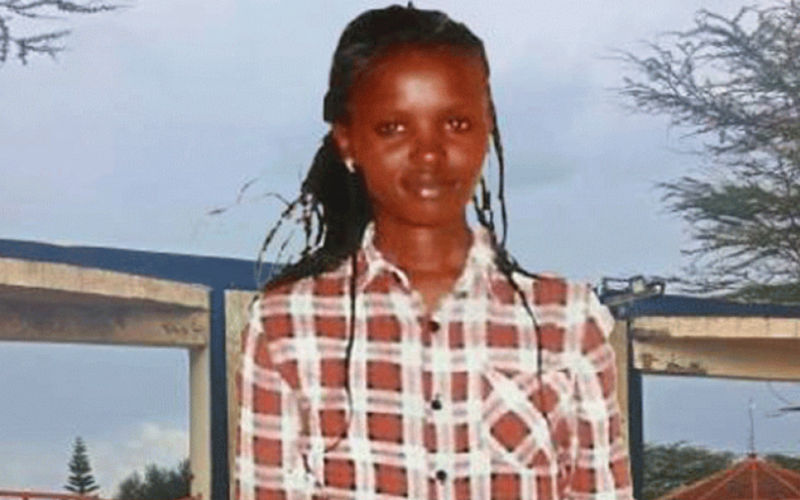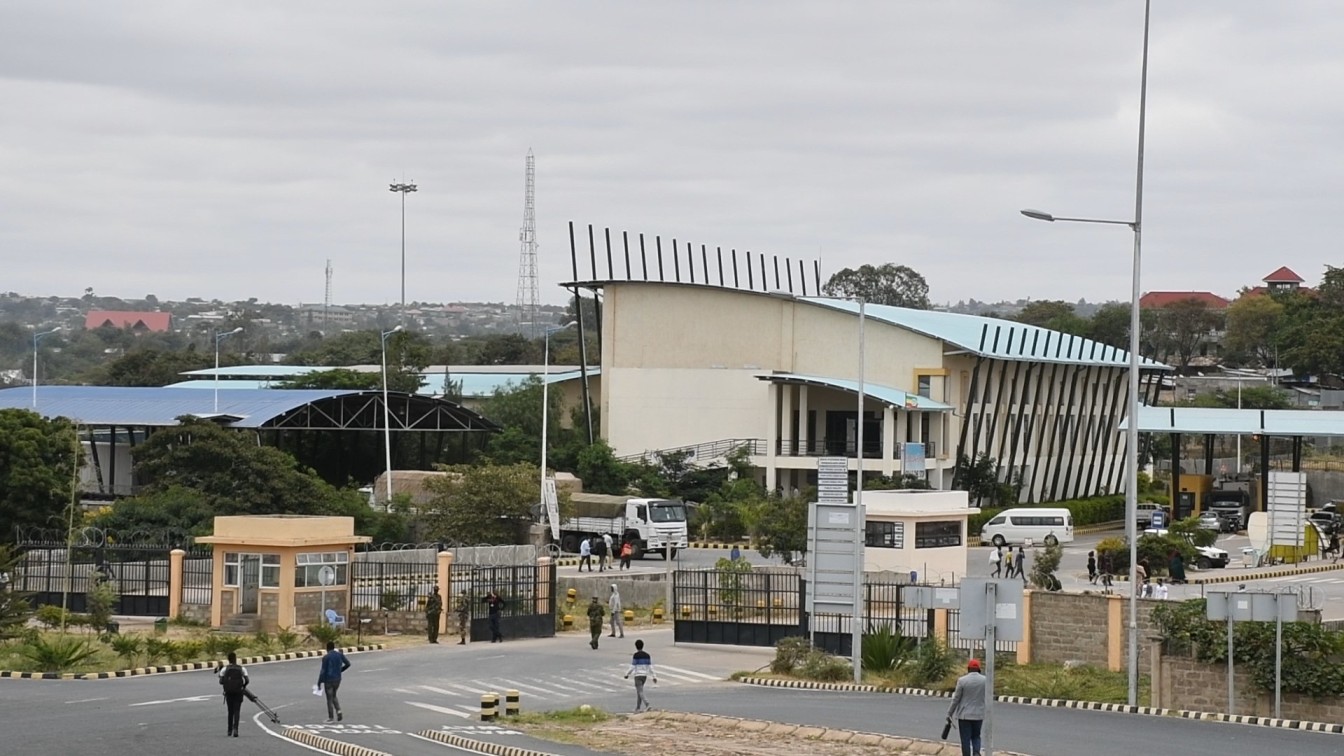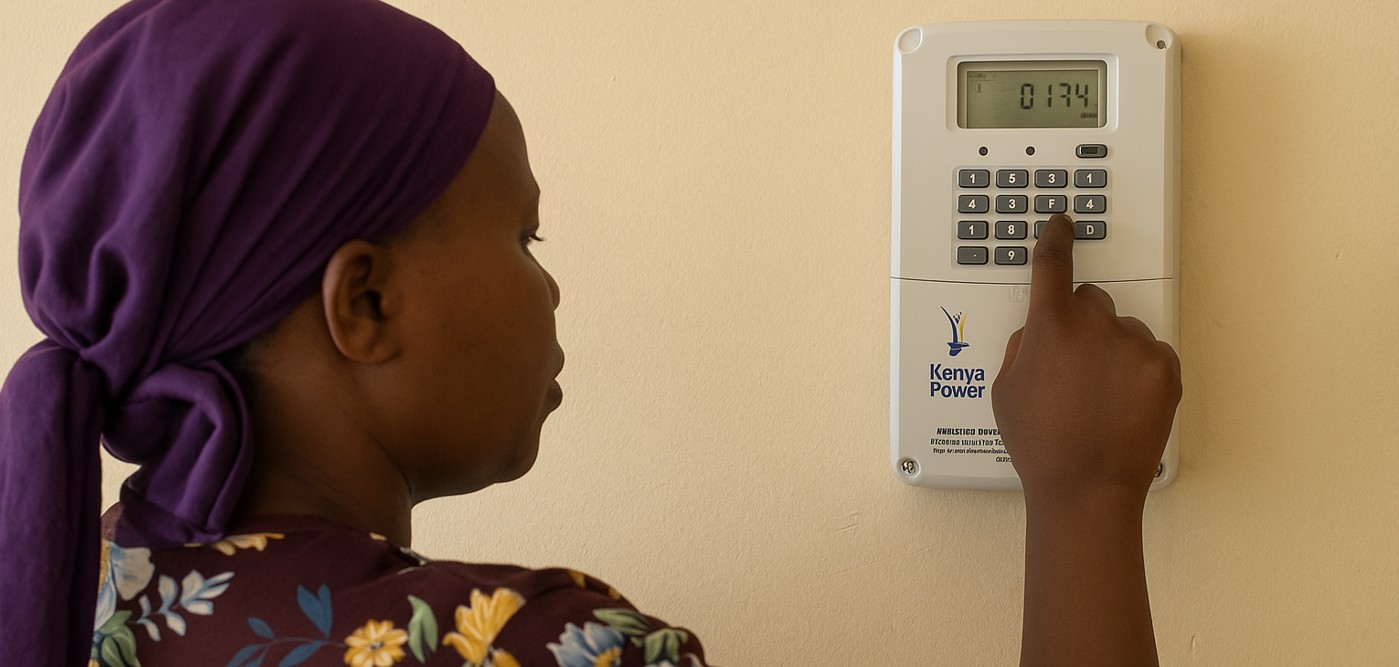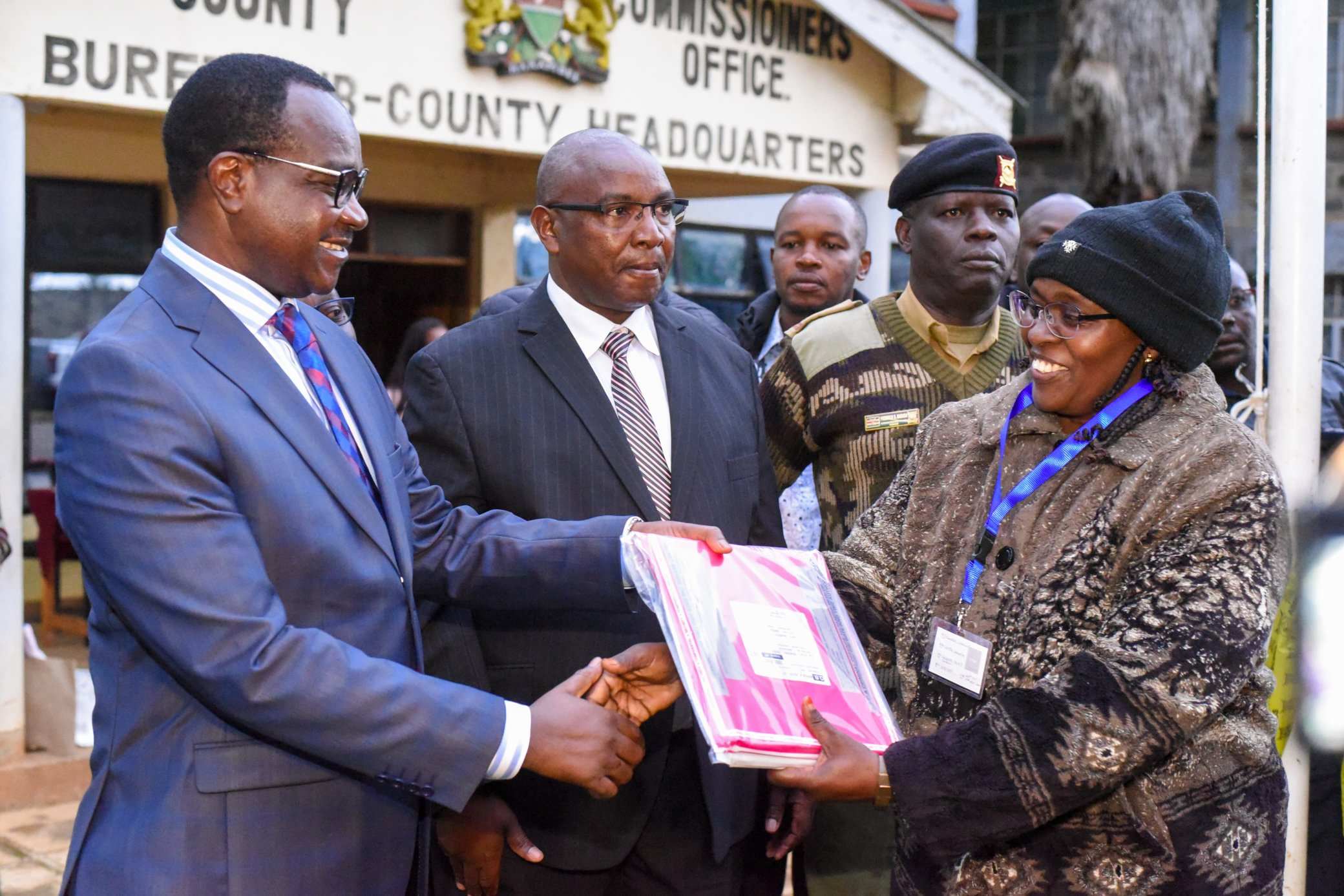KMPDU blames Kiambu County for ongoing doctors’ strike, deaths
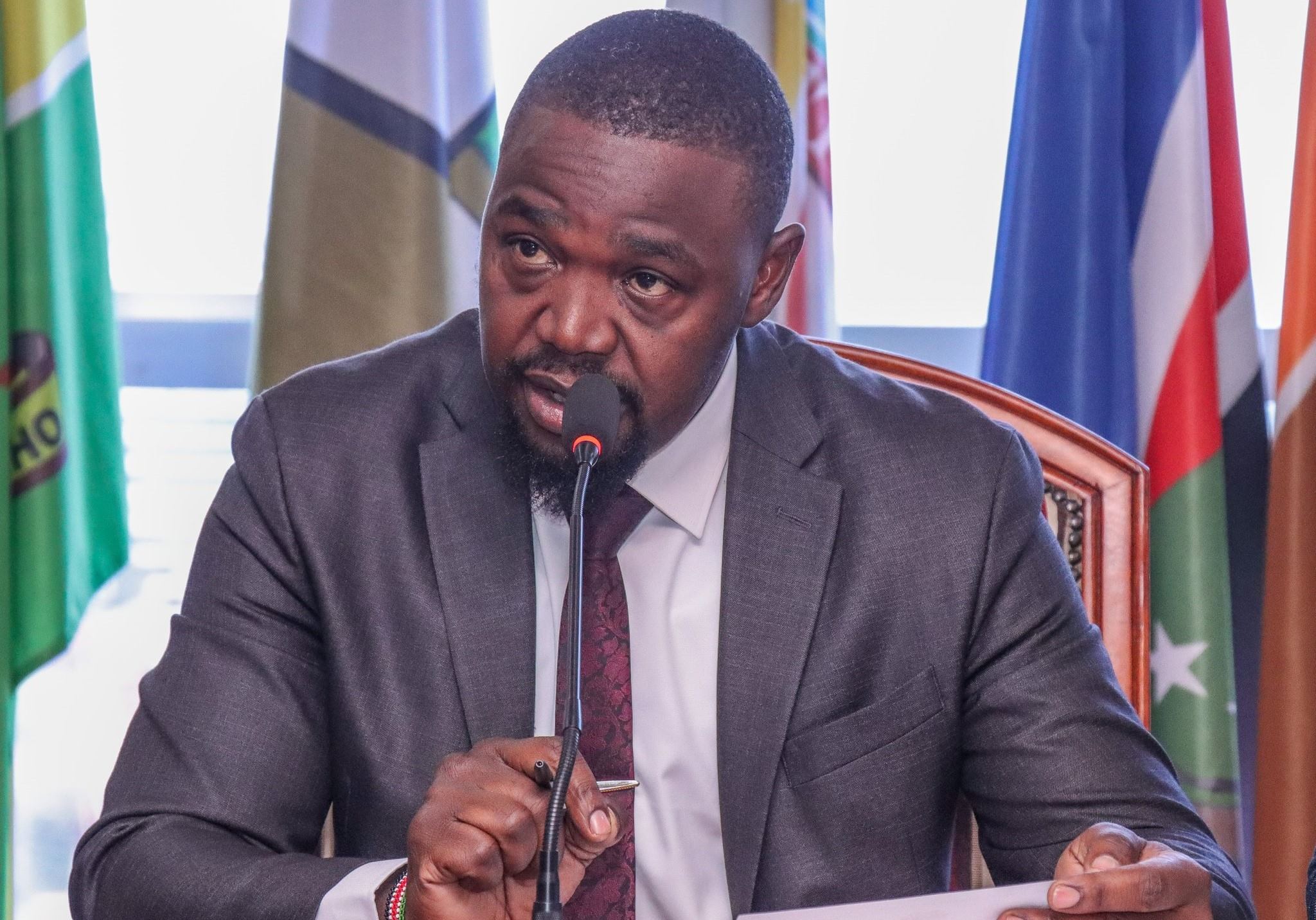
KMPDU Secretary General Dr Davji Atellah said the strike is the result of repeated failures by the county to meet court orders issued last year.
The Kenya Medical Practitioners Union (KMPDU) has blamed Kiambu County’s refusal to honour court-backed agreements for the ongoing doctors’ strike.
Speaking during an interview at Radio Generation on Tuesday, KMPDU Secretary General Dr Davji Atellah said the strike is the result of repeated failures by the county to meet court orders issued last year.
More To Read
- ‘Terrible state’: Senators outraged by lapses, mismanagement at Kiambu Referral Hospital
- Lamu nurses end 79-day strike after agreement with county government
- Over 160 newborns, 14 mothers died during Kiambu doctors’ strike - Health CS Aden Duale
- KMPDC orders hospital, funeral home to release bodies held over unpaid bills
- Report lays bare Kenya’s failing healthcare system
- KMPDU, Kiambu County reach agreement ending five-month doctors’ strike
Atellah explained that months of unpaid wages, stalled conciliation meetings, and unfulfilled legal obligations forced the union to take action.
“This strike is more driven and prolonged by the county government; we went on strike for a reason. We didn’t strike in 2024 for 56 days - we had a return to work formula that was signed, deposited in court and adopted as a court order,” said Atellah.
He highlighted that doctors have endured months of unpaid salaries, delayed promotions, and a lack of medical insurance, forcing some to pay out of pocket for critical care.
“You work in the counties. You work for three months. Your salaries are not paid. You work in the counties. You don’t see the promotions. You work. You don’t have medical insurance. We have doctors who we have to do contributions every single month for them to get medical, for them to get care because they have cancers,” he said.
The Secretary-General added that Kiambu County has ignored repeated attempts at resolving these issues.
“The county did not turn up for meetings, and in some cases, when they turn up, they send junior officers who could not make any decision,” Atellah noted.
Despite court rulings in March this year requiring the county to pay wages and follow labour laws, no meaningful action was taken.
“There’s no way you expect doctors to be at work when their wages are not paid, they don’t have the salaries… You cannot expect people to be at work when certain deductions are not being limited,” the SG said.
The union also gave the county a 21-day strike notice, which was ignored.
“The county did not respond to the strike notice or write to any union leadership until on the 26th, when the strike was to commence, they went to stop, to suspend the strike. When we explained this, the court said… doctors, you have a right to proceed on the strike,” Atellah explained.
Atellah further criticised the county assembly for failing to back key demands, especially regarding unpaid wages and protection against labour victimisation.
“They agreed to do the promotions. They agreed that they’ll pay all these things in a promissory note… but they were not willing to pay salaries that have not been paid from the time before the strike,” he said. He highlighted repeated arbitrary transfers of doctors in violation of the labour law as another unresolved grievance.
The union warned that unless the county fully honours court rulings and implements labour agreements, the strike will continue.
“It means that when you go back without these issues being resolved, it's like you’re willfully and deliberately enslaving yourself,” Atellah said.
Deaths
At the same time, KMPDU warned that staff shortages in Kiambu hospitals amid the strike are putting lives at risk.
“You know, in Kiambu County, we have unprecedented, what we call illegal lookouts…We went on strike. But counties thought, instead of engaging and resolving the problems, went into politics and into public relations (PR), and the first instance they did was to employ some doctors, about 50 of them, and then they also had interns,” he said.
He added that hospitals cannot function properly without consultants and specialised staff. “Here comes a situation where a county operates with 50 doctors, like everything is normal. Every week, we used to have letters from doctors reporting complications they couldn’t manage,” he said.
The strike has already caused preventable deaths, particularly among newborns and mothers, with 136 cases documented across two Level Five hospitals.
“Some of the mothers were explaining; I got a preterm baby three months ago…before the strike, the baby was being managed well, until the strike started…within one month, they lost the baby,” Atellah said.
He blamed the crisis on neglect, underfunding, and poor management, stressing that the strike aims to restore patient safety, adequate staffing, and functional referral systems.
Tensions rose on October 6, 2025, after the Council of Governors disputed the death reports, calling them “not factual but pure witch-hunt”.
Atellah condemned the dismissal as “false” and “heartless and insensitive”, accusing governors of ignoring the collapsing health system while seeking treatment abroad.
Top Stories Today
